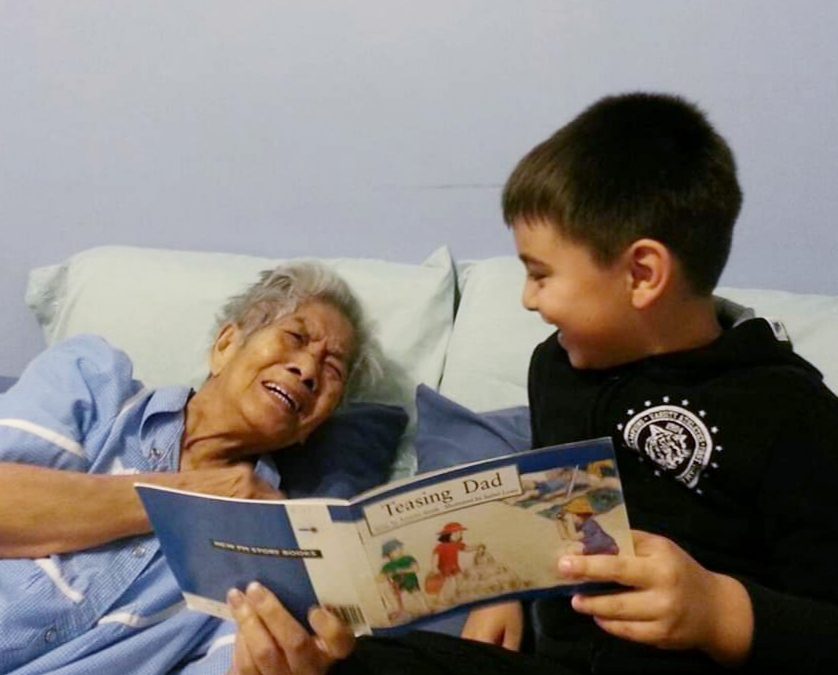Providing In-Home Care to Those Living with Alzheimer’s
Alzheimer’s disease is an irreversible disease that deteriorates thinking ability and memory. Alzheimer’s can slowly turn a loved one into someone who is unrecognizable to their family members. Loving someone with Alzheimer’s disease is both heartbreaking and rewarding, but there are many ways to help make this life transition easier for your loved ones – and for yourself, as the caregiver.
The first steps are to accept the situation that you are in and decide to take things one day at a time. Every Alzheimer’s patient will experience the symptoms differently, so the only thing that is predictable is that every day will be unpredictable. Alzheimer’s Care for your loved one will take courage, patience and flexibility, especially if you choose to provide in-home care.
Some simple ways to improve Alzheimer’s and Dementia Care at home start with creating a safe environment and establishing a daily routine. A safe environment will help prevent any accidents that may occur. This can include reducing any tripping or falling hazards, using safety locks to contain potentially dangerous materials, and increasing fire safety precautions. Establishing a daily routine will make your loved one’s day less agitating and confusing. A daily schedule can also help you to involve your loved one in as many daily activities as possible, like making their bed every morning or setting the table before every meal.
Another important way to provide full Alzheimer’s Care to your loved one at home is to ensure you have a strong support system in place. Having a strong support system for you and your loved one will help alleviate stress and confusion for all involved caregivers. There are many private healthcare options for your loved one when it comes to In-Home Care, especially Alzheimer’s and Dementia Care. Royalty Care is always ready to help you choose a service package that will best serve your family member.
When my grandmother was diagnosed with Alzheimer’s disease, we made a decision as a family to support each other — but more importantly, to support and care for her. In the early stages of her diagnosis, my grandmother used to say repeatedly, “I am still me… no matter what my brain says, I am still ME”. I believe that it wasn’t actually a reminder to herself, but to her loved ones.
As her memory deteriorated, every day became more difficult. She confused our names/identities more often than not. There were nights where she would awaken, believing that she was still a teacher in the Philippines who needed to get to school to instruct her students. There were days where she would accuse us of kidnapping her and holding her hostage because we had become complete strangers to her. Despite it all, we continued to care for her at home.
On one of our overnight visits with her, my older son and I were going through our usual bedtime routine when she came into his bedroom. She could not remember our names at this point, but she smiled at my son (who was six years old at the time) as he read a bedtime story out loud. I encouraged her to sit with him on the bed so that she could listen to the story too. When he got to a funny part of the story, she laughed with him. The kind of laugh that makes you let go of all of your stress, and your whole body shake with joy… the kind of laugh that we had not heard in a long time from her.
I took a picture of my son and my grandmother that evening, laughing together. This is one of the pictures I still hang in my son’s bedroom. These are the kind of moments that remind us on those difficult days that, even though our loved ones forget who they are or who their family is, we can actively choose to love them even more — because we remember who they are to us.
References
Website: https://alzheimer.ca/en/Home/About-dementia/Alzheimers-disease
Website: https://www.alz.org/help-support/caregiving
Website: https://www.mayoclinic.org/healthy-lifestyle/caregivers/in-depth/alzheimers-caregiver/art-20047577
Recommended Reading
Book: “When Caring Takes Courage” by Mara Botonis

